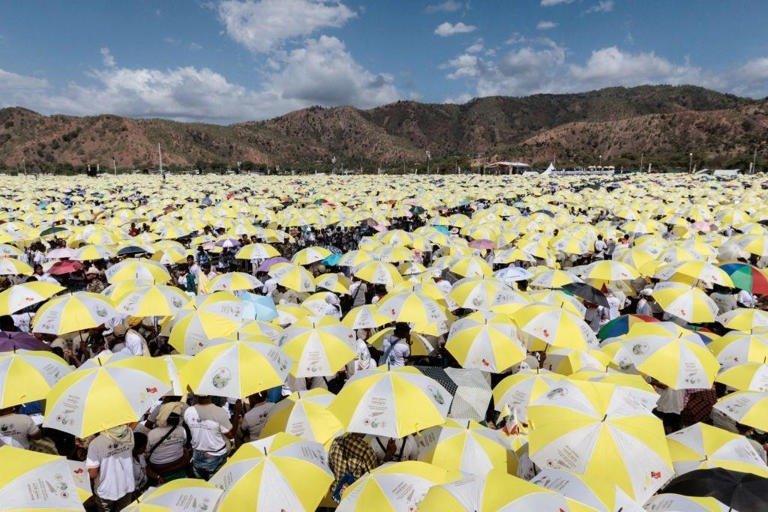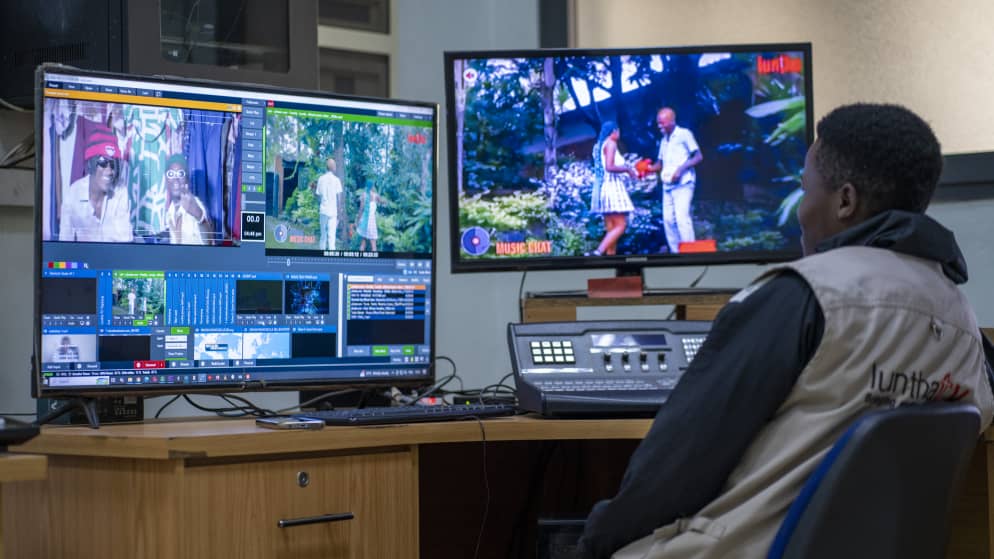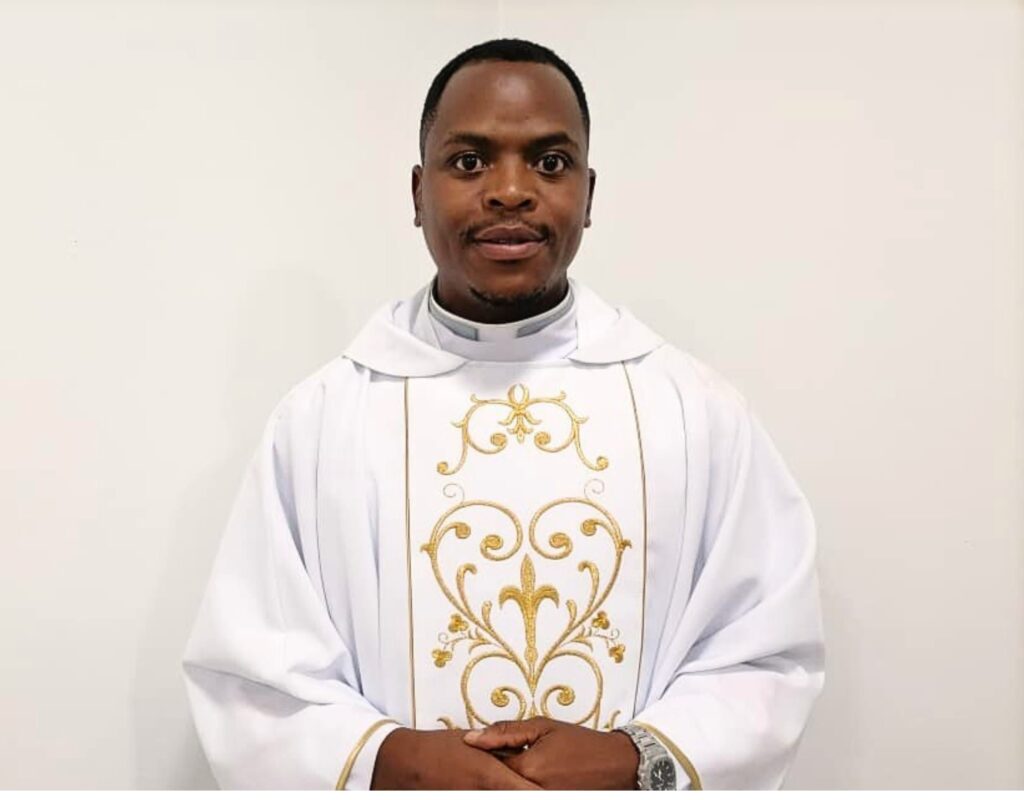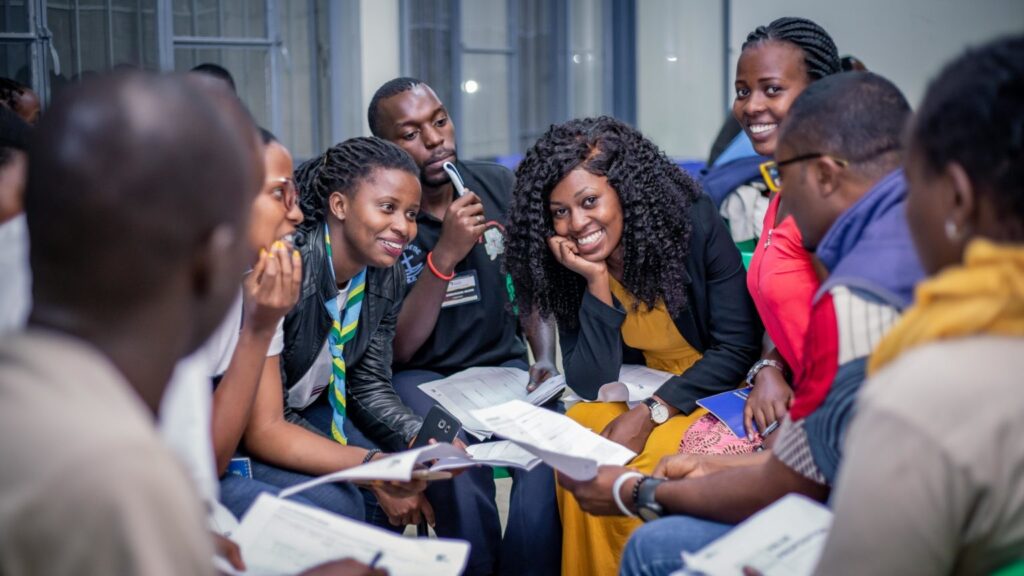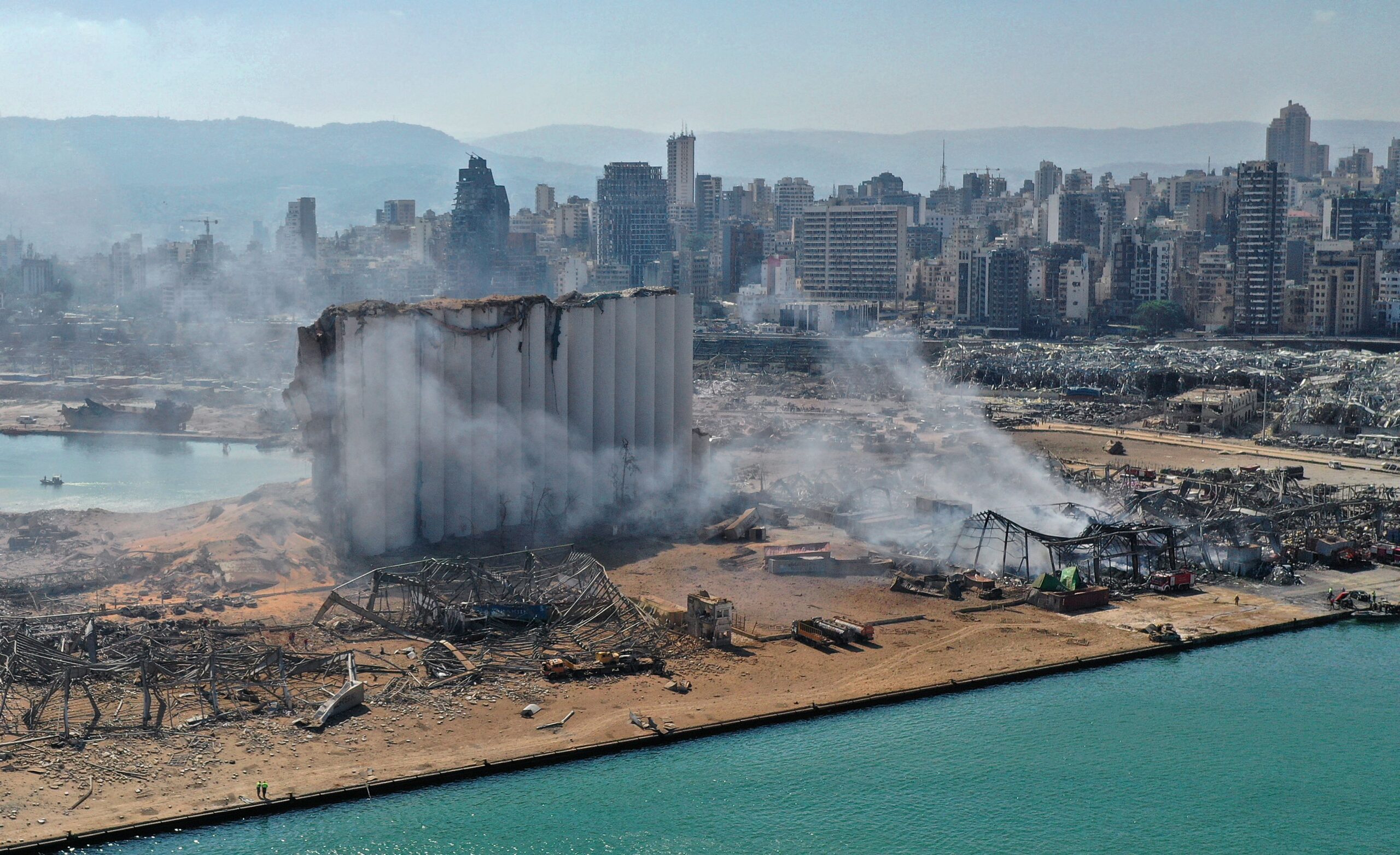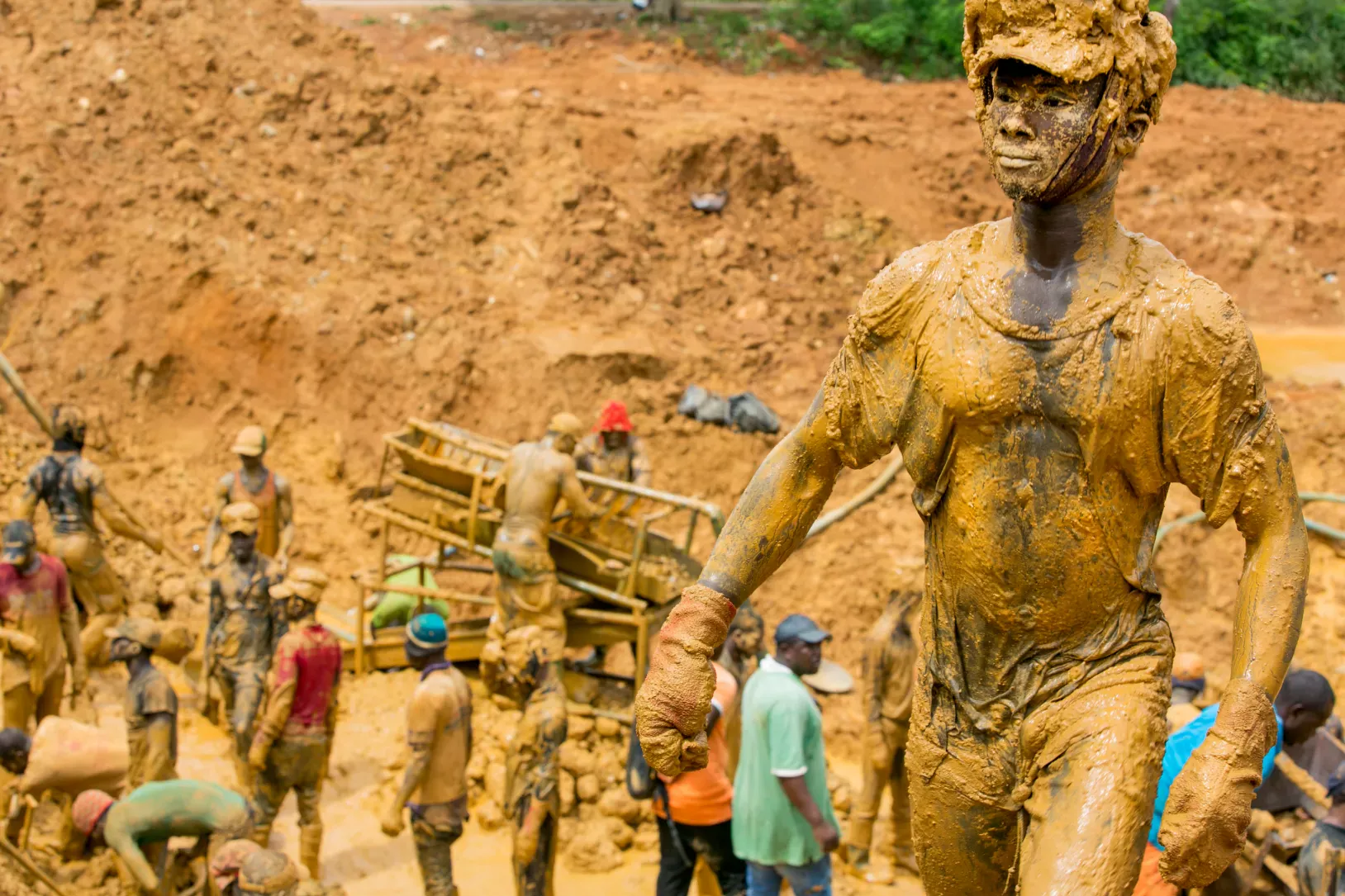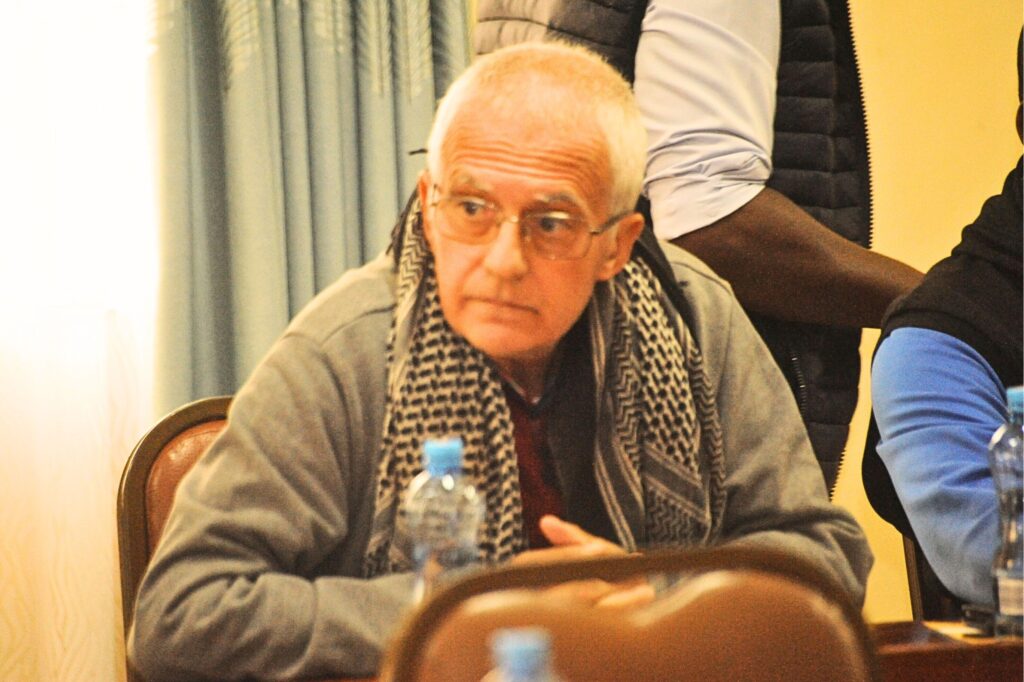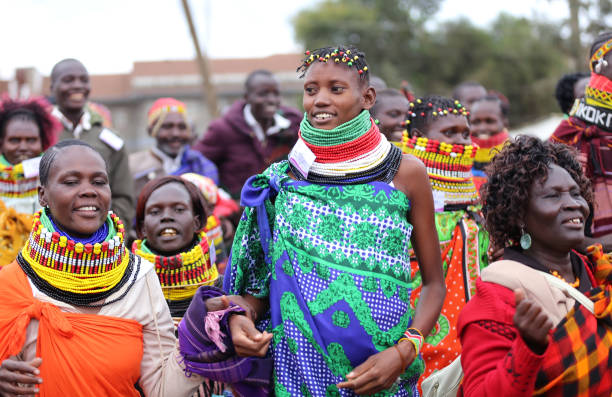DILI- Nearly 600,000 people, representing almost half of Timor-Leste’s population, gathered outside the capital Dili on Tuesday for one of the largest Masses celebrated by Pope Francis. The outdoor event, held at Taci tolu, marked a significant moment in the pontiff’s 12-day Asia-Pacific tour, reflecting the strong Catholic faith in this Southeast Asian nation.
The massive turnout highlights the importance of Catholicism in Timor-Leste, one of the most devoutly Catholic countries in the world. However, the event was overshadowed by local controversies, including land disputes and sexual abuse allegations involving a prominent East Timorese bishop.
Land Disputes Cast a Shadow
The Mass took place on contested land in Taci tolu, where recent government actions evicted nearly 90 residents. Authorities demolished homes in the area, claiming that residents were squatting illegally on government land. Zerita Correia, one of the displaced residents, voiced her frustration, saying, “They even demolished our belongings inside the house.”
Hundreds of families had moved to the area over the past decade, seeking opportunities in the capital. Despite the government’s claims, local criticism has been strong, with many seeing the evictions as a harsh move against those seeking better living conditions.
Sexual Abuse Scandal
Another controversy casting a shadow over the Pope’s visit was the case of Bishop Carlos Ximenes Belo, a Nobel Peace Prize laureate and independence hero, accused of sexually abusing minors during the 1980s and 1990s. Although the Vatican imposed disciplinary measures on Bishop Belo in 2020, including restrictions on his movements and banning contact with minors, the case has reignited calls for justice during Pope Francis’s visit.
While the Pope did not specifically address the accusations against the bishop, he spoke broadly on the need to protect children from abuse. “Let us not forget the many children and adolescents whose dignity has been violated,” he said, urging officials to safeguard the youth and prevent future abuse.
A Legacy of Independence and Catholicism
Timor-Leste, formerly known as East Timor, has a deeply intertwined history with Catholicism. A former Portuguese colony, the country experienced decades of violent struggle during Indonesian occupation from 1975 to 1999. According to the United Nations, over 102,800 Timorese lost their lives during the conflict.
Pope Francis acknowledged the country’s painful past in his remarks, praising its resilience and new era of “peace and freedom” more than 20 years after achieving independence. “After dark and difficult days, a dawn of peace and freedom has finally come,” he told the crowd.
The nation now boasts a youthful population, with a median age of just 20. The Pope celebrated this vitality, saying, “How wonderful that here in Timor-Leste, there are so many children!”
Conclusion of the Papal Visit
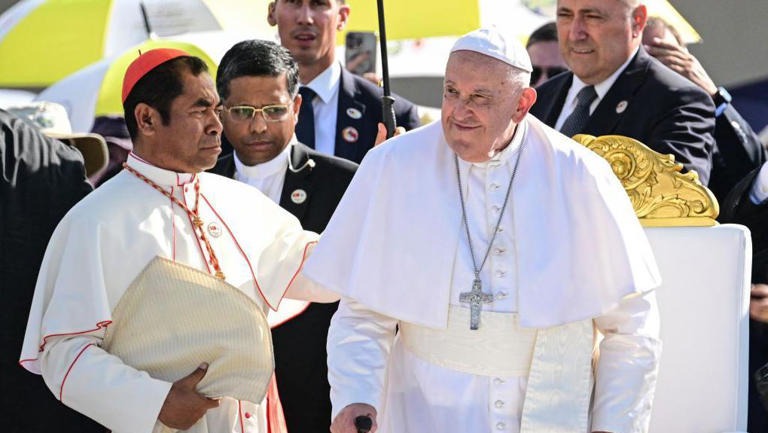
The Pope’s visit to Timor-Leste, lasting less than 48 hours, was part of an ambitious journey across Southeast Asia and Oceania. His next stop is Singapore, where he will conclude his longest tour in the region.
Timor-Leste’s overwhelmingly positive reception of the Pope reflects its deep Catholic roots, even as the country grapples with social and historical challenges.
Thank you for reading our article. You can keep up to date by subscribing to our magazine -New People.

